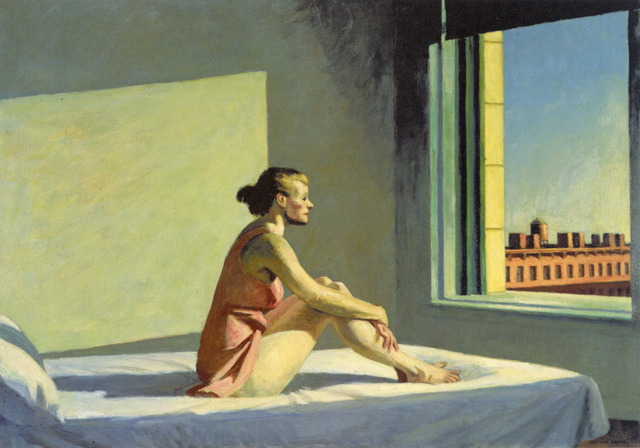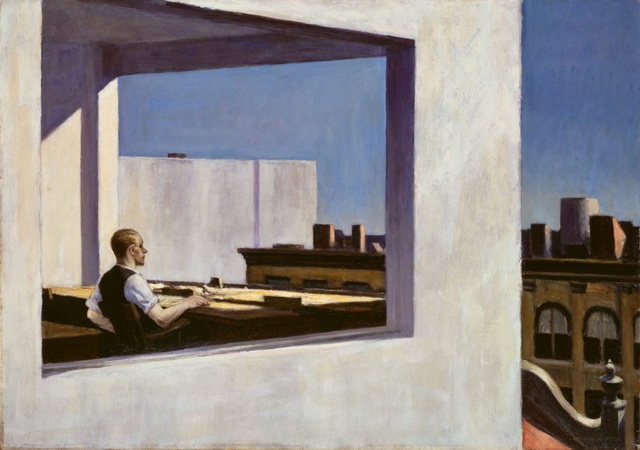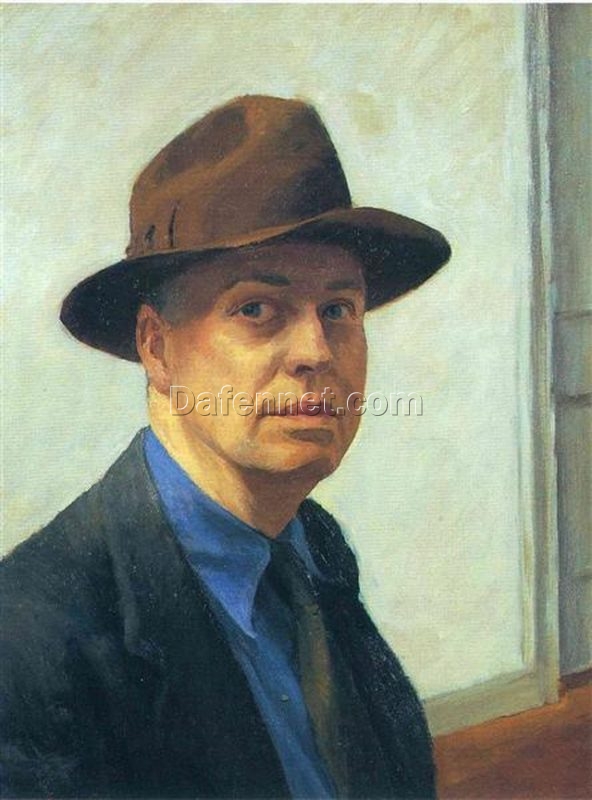Dafen oil painting Village
Exploring Loneliness and Light: Edward Hopper’s Timeless Urban Realism
In a world reshaped by isolation during the pandemic, where social distancing policies created physical and emotional divides, Edward Hopper’s hauntingly beautiful works resonate more than ever. As a master of urban realism, Hopper captured the quiet loneliness of modern life with unparalleled poignancy, painting scenes that feel eerily familiar to those of us navigating today’s world. His iconic paintings like Nighthawks (1942), Morning Sun (1952), and Office in a Small City (1953) reflect the universal experience of solitude, even amidst bustling urban landscapes.
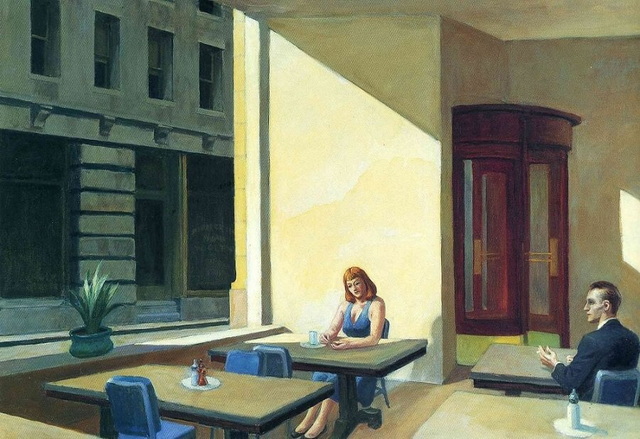
Hopper’s work explores light and shadow in a way that not only enhances his scenes’ emotional depth but also creates a stark juxtaposition between connection and isolation. Whether it’s the melancholic stillness of a lone diner in Nighthawks or the introspective figure bathed in sunlight in Morning Sun, Hopper’s paintings offer more than visual appeal—they are mirrors to the human soul, confronting us with the realities of urban alienation and the quiet yearning for connection.
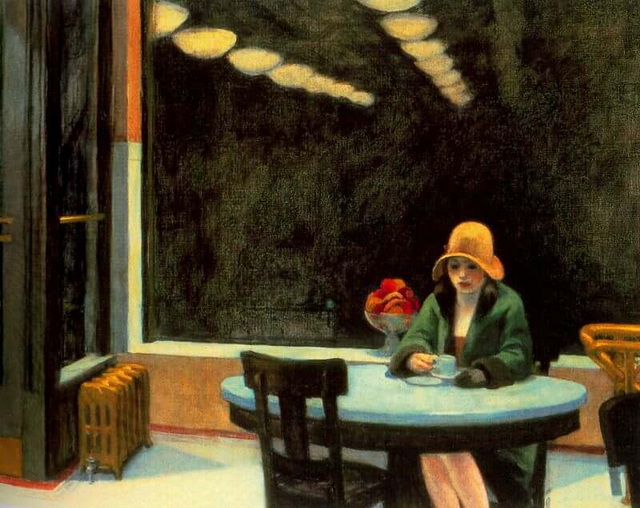
A recurring theme in Hopper’s work is the role of windows as symbolic barriers between the internal and external worlds. In Cape Cod Morning (1950), a woman gazes out from a sunlit window, caught between the longing for freedom and the confinement of her space. Similarly, in Room in New York (1932), Hopper masterfully depicts emotional distance between a couple sharing the same room, their separation accentuated by a closed door and stark contrasts in posture and activity.
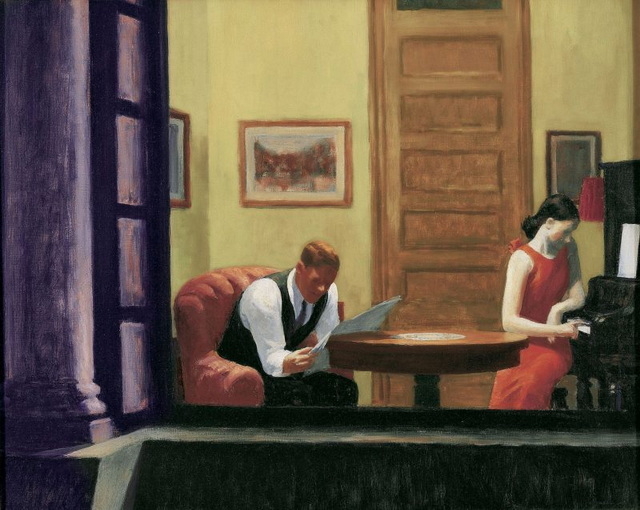
Hopper’s work goes beyond mere depiction—it invites viewers to linger, reflect, and imagine untold stories. Each painting, with its cinematic framing and restrained narrative, acts as a frozen moment in time, challenging us to contemplate the complexities of modern life. His influence extends far beyond the art world, inspiring filmmakers like Alfred Hitchcock and novelists like Stephen King to explore similar themes of isolation and introspection.
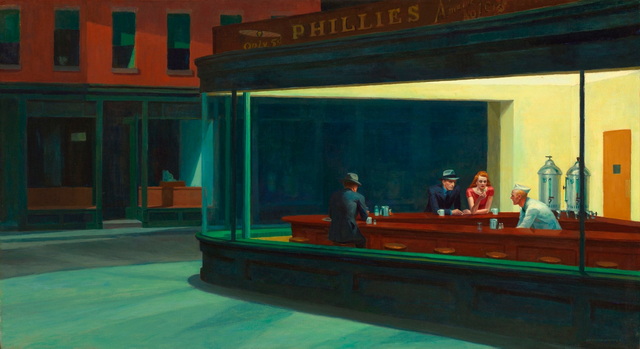
Today, Hopper’s exploration of loneliness speaks louder than ever, reminding us of the fragility of human connection. His paintings are not just masterpieces of visual storytelling—they are a call to rediscover ourselves and redefine what it means to coexist in a fragmented world.
